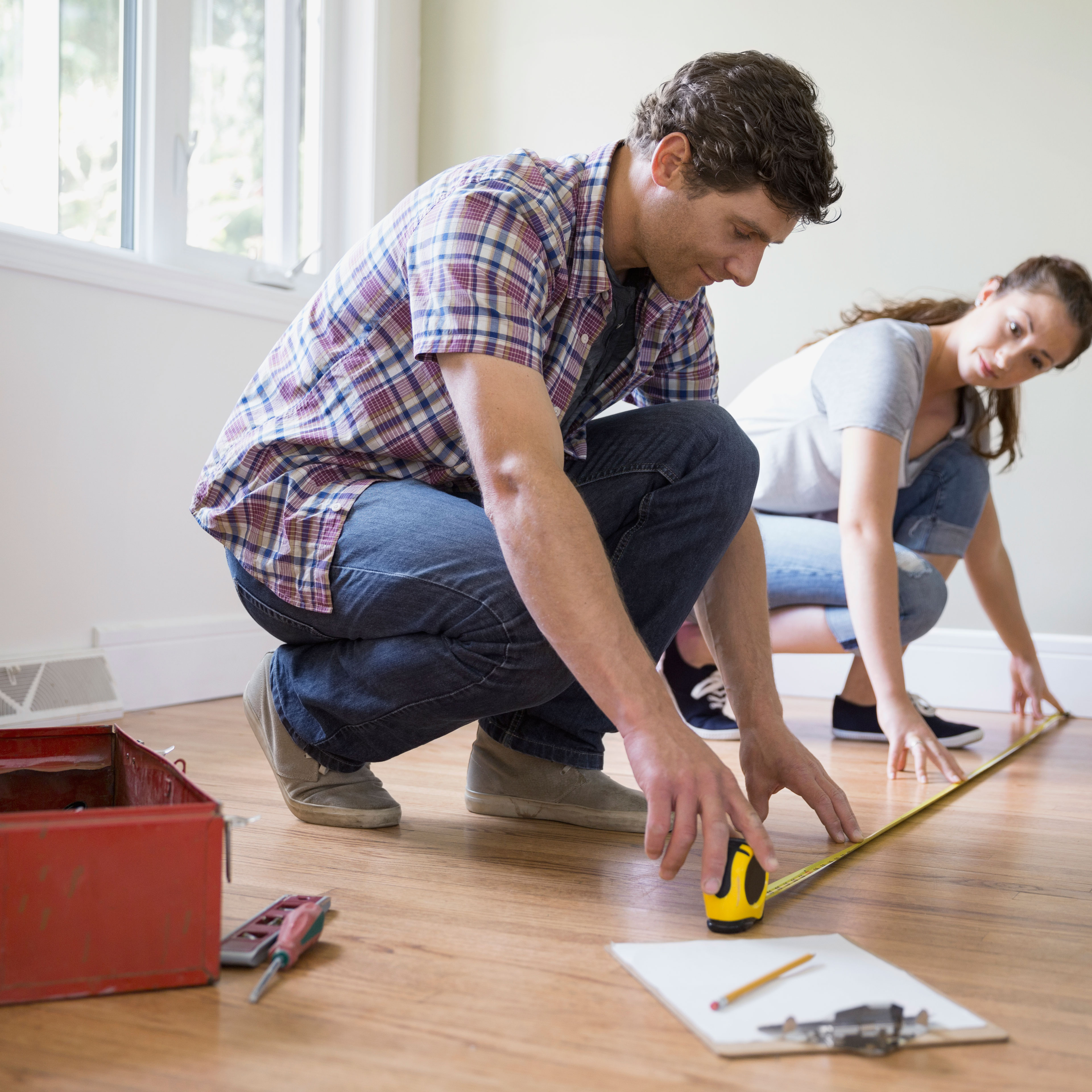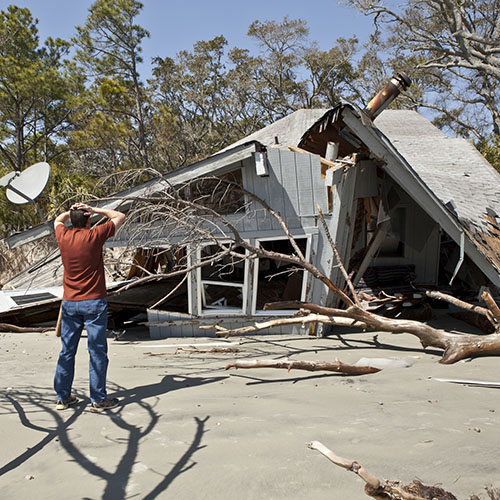What to Do About Your Utilities Before Severe Weather

You take steps to prepare before a natural disaster. Maybe you create an emergency kit, stock up on non–perishable goods, or reinforce your windows and doors. However, an emergency plan is not complete without knowing what to do about your utilities. If you evacuate your home, you want peace of mind that water lines won’t freeze, gas won’t leak, and electricity won’t surge. Turning off your utilities before severe weather can help prevent costly damage relating to these core services.
Water
The main water shut–off valve is often located outside your house, near the water meter. If it isn’t there, it could be in your basement or under the kitchen sink. If you cannot find the valve, look back in your home closing records. The property inspector should have located it and may have included a picture in the inspection report. Turn the valve until it stops. Then, run your sink for a few minutes to empty the pipes and confirm that the water supply is off.
During a plumbing emergency, you may opt to turn off the valve to the specific appliance. Look around your toilet, washing machine, sink, or bathtub. Find the shut–off handle and gently turn it until it stops. These valves may be plastic and easy to break, so do not use force.
Call your water company if it’s an emergency and you are still having trouble locating your home’s water shut–off valve. They may send an emergency team to shut off the street–side valve.
When to Turn Off Your Water Supply:
- Before leaving your home vacant for an extended period, especially in the winter months
- Prior to evacuating your home for any reason
- During a plumbing emergency
Gas
Do not shut off your main gas supply on your own. Call the gas company or fire department if you suspect a gas leak. Open all the windows in your house and evacuate. Individual shut–off valves are near each appliance that uses gas. Look for it around tools that create heat, such as your furnace, water heater, oven, and dryer.
When to Turn Off Your Gas:
- After smelling gas or suspecting a natural gas leak
- Before replacing an appliance that uses gas — use the individual shut-off valve
- Prior to evacuating your home, if you have time
Electricity
Locate your circuit breaker panel. These are usually in the basement or a utility room. Flip the switches that correspond with the areas of your house where you want to turn off the power. To turn off all power in your home, switch off all the circuits before the main one.
Contact your electric company if it is not safe to access your circuit breaker panel.
Before doing any electrical work, confirm that you turned off the correct breaker using a voltage tester.
When to Turn Off Your Electrical Power:
- Before leaving your home for an extended period, such as a vacation
- Prior to evacuating your home for any reason
- After a flood or whenever there is standing water near your wires, appliances, or electrical outlets
- Before doing any electrical work, like replacing light fixtures or outlets
- Unplug any unnecessary electronic devices before a major storm or hurricane — you may not need to turn off your power unless an emergency official recommends it
The information contained in this article is for informational purposes only, should not be construed as professional advice, and is not intended to replace official sources. Any resources linked from these pages are maintained by independent providers; therefore, NJM cannot guarantee their accuracy.



